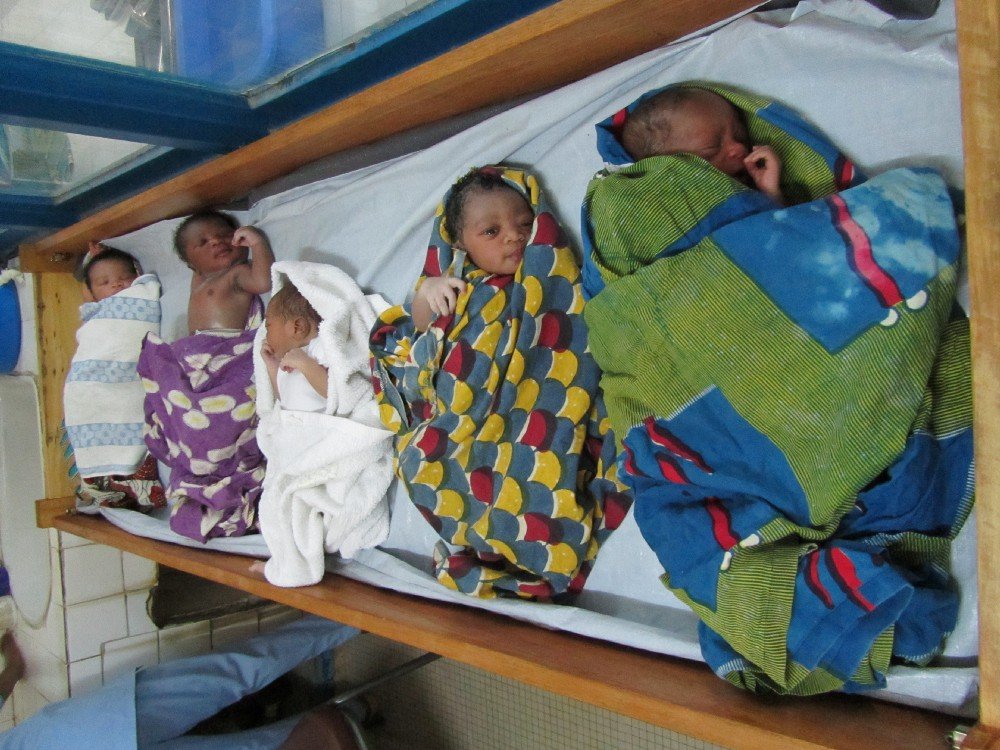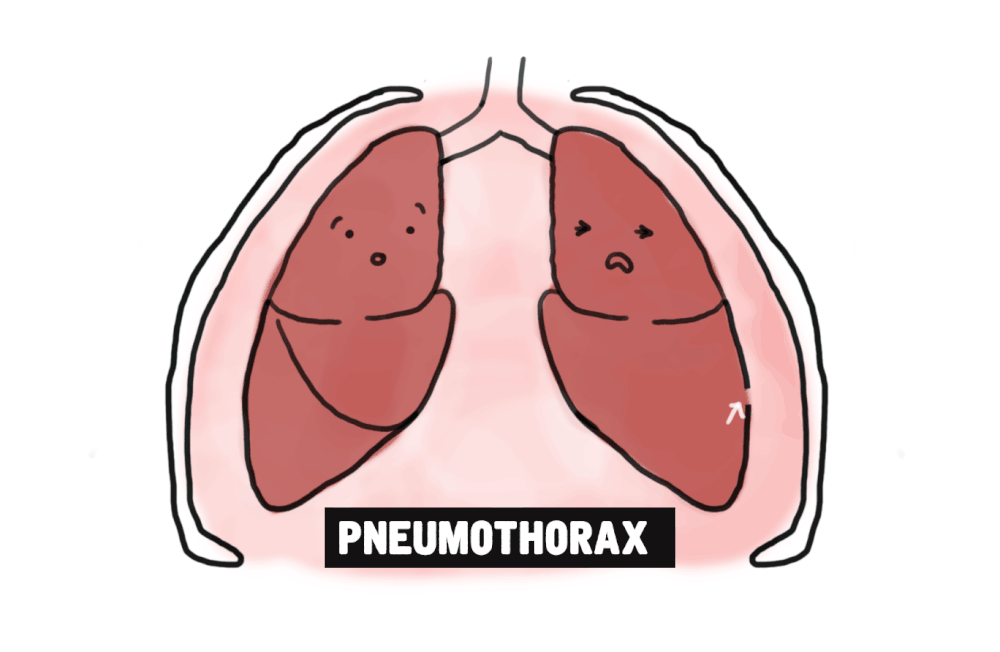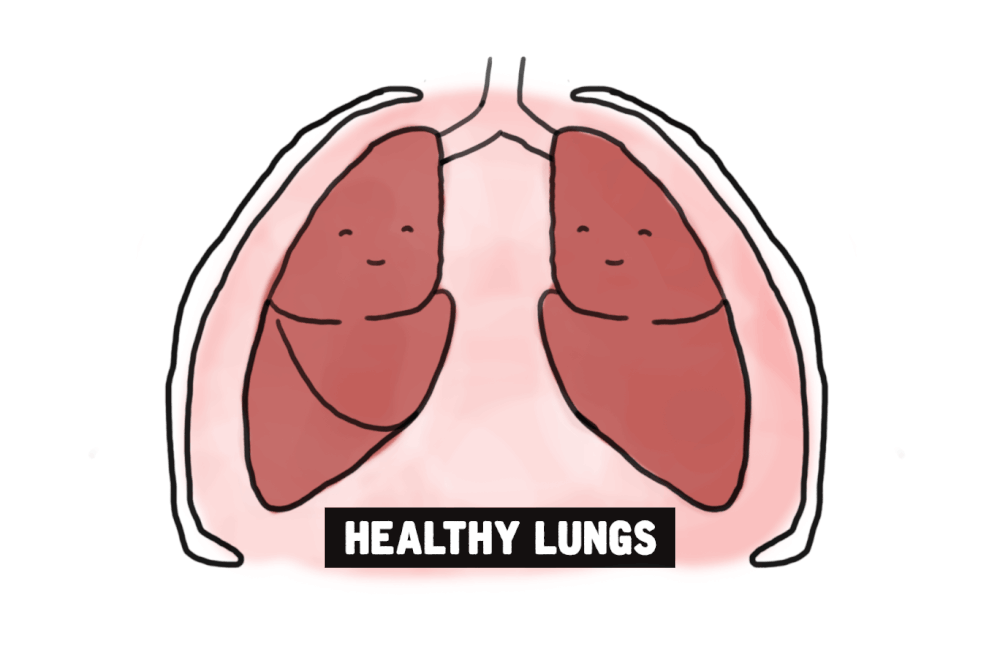Pneumonia: “What haunts me is knowing how different it can be for each child, depending on where he or she lives”
Interview with MSF doctor Alan Gonzalez
Dr. Alan Gonzalez is from Mexico and joined MSF in 2009. He’s completed 17 MSF field assignments since then, including in Cameroon, Central African Republic, Democratic Republic of Congo, Haiti, Iraq, Ivory Coast, Kenya, Libya, Syria and Tanzania. Here he describes his experiences providing care to children suffering from pneumonia.
Doctors seem to have a difficult time recalling specific patients with pneumonia. Can you say why that is?
Right. For me, it took a long time to recall a particular story as well. That’s because most of the children we see in MSF clinics have pneumonia, malaria, or malnutrition. Many times, they are affected by two or three of these diseases at the same time. I try to remember all the patients I’ve encountered, but it’s very difficult when so many of them have similar symptoms.

Many kids who don’t get medical care die from pneumonia — almost one million kids a year, in fact. The kids you are able to treat, do they recover?
They can get better under our care, but the question still lingers… why does pneumonia affect so many children? It’s especially infuriating since we have the means to prevent kids from getting sick with pneumonia. The vaccine for pneumonia exists.
It’s especially infuriating since we have the means to prevent kids from getting sick with pneumonia. The vaccine for pneumonia exists.
I know, but not all kids have access to the vaccine…
I imagine that’s a reason why I see many incidences of pneumonia at our MSF projects.
Tell me about one of your experiences.
While I was on assignment with MSF in Abidjan, Ivory Coast, I remember treating a boy with an extreme condition. I didn’t meet him when he had pneumonia. I met him when he had developed a pneumothorax — a condition where air leaks into your chest cavity and causes your lung to collapse. While it’s rare for people who have pneumonia to develop pneumothorax, pneumonia can be one of several causes. Since the child was only one and a half years old, and based on his medical history, we concluded that his condition was caused by a severe case of pneumonia.

That sounds really painful.
Well it is incredibly difficult to breathe, and you could see how much he was struggling for air.
First, we treated his pneumonia by giving him some antibiotics and oxygen. His infection cleared up quickly, but he still could not breathe well because of the collapsed lung. We needed to place a catheter to relieve the air from the chest cavity.
What does that do?
Once the air is out, then the lung can expand normally and breathing is regular again. It’s a fairly simple procedure for physicians to perform (I’ve done it several times on adults and young adults), but since he was a child, it’s a lot more complicated. We asked around to see if any of the local hospitals could treat him, and no one wanted to do it. Finally, after searching for a couple of days, we found a hospital that was willing to try. They had a physician there with a lot of experience doing this procedure.
We sent him to the nearby hospital where they placed the catheter to let all the excess air out. He had to stay there for a few days, and we felt like we left him in good hands.

Did he recover?
Yes! He came to visit us after he left the hospital, and we were relieved to see how well he was doing.
But you see, we were really lucky. Since we were located in Abidjan, the biggest city in the Ivory Coast, we were lucky to have had a nearby facility that we could send him to and connect him with the treatment he needed.
And you don’t always have that extra option, depending on where you’re located?
No. I’ve worked in many settings, both with MSF and with other organisations, where that’s not the case. Before joining MSF, I spent a few years working in the south of Mexico with indigenous populations. We traveled very long distances to reach remote locations, and worked with communities that only saw a doctor twice a year. Basically, that meant the two times we came to set up clinics, since there weren’t regular health facilities around.
How did that affect the health of these communities?
Well, in a way, the children I met in the south of Mexico came into our clinic with very similar symptoms as the children I met while working in the Ivory Coast — with severe presentations of pneumonia, malnutrition, and malaria.
What haunts me now, is knowing how different the outcomes can be for each child, depending on where he or she lives.
I can imagine. In countries like the U.S., kids these days generally don’t get sick with pneumonia because they have been vaccinated. But pneumonia remains the number one killer of children around the world. It’s so drastically different.
That’s why regular vaccination programs and vaccination campaigns are so important. But countries have to be able to afford the vaccine, and the pneumonia vaccine is one of the most expensive vaccines ever.
"But countries have to be able to afford the vaccine, and the pneumonia vaccine is one of the most expensive vaccines ever."
Right, up until recently, even MSF had to pay absurdly high prices for the vaccine. Towards the end of last year, Pfizer and GSK announced that they would sell the vaccine to humanitarian organisations for use in emergencies at around $9/child (a significant reduction from what we’ve had to pay previously).
It’s good news. This way, we can protect more kids caught in conflicts, places where MSF works.
Do you think Pfizer and GSK should lower the price of the pneumonia vaccine for all developing countries too?
Of course! Mexico has gotten a lot better through the years, but we are still not a rich country. Luckily, we have been able to introduce the pneumonia vaccine into our regular immunisation schedule for children, but there are other low- and middle-income countries who haven’t been able to do the same because the price of the vaccine is too high.
Find out more: http://afairshot.org
Find out more about MSF's activities in Ivory Coast.